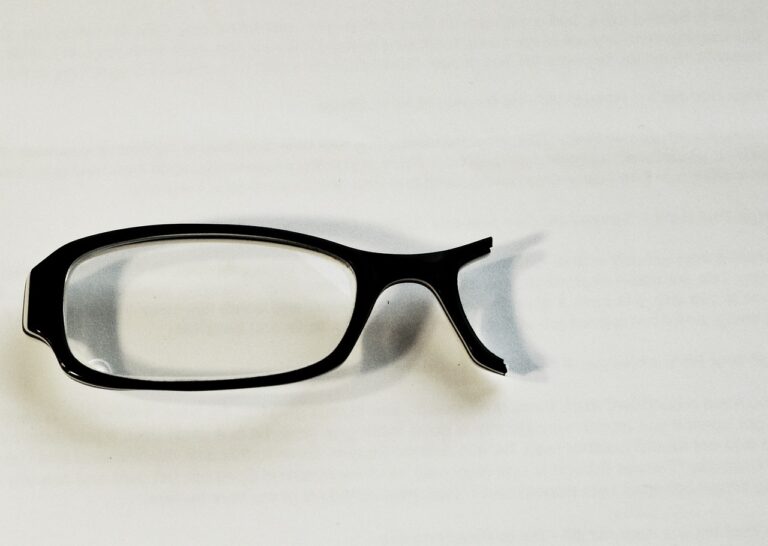Analyzing the Role of Medical Laboratories in Health Policy Development: Sky247, Diamondexch9, Tigerexch247
sky247, diamondexch9, tigerexch247: Medical laboratories play a crucial role in health policy development, providing valuable data and insights that help shape healthcare practices and policies. From testing samples to analyzing results, medical laboratories are at the forefront of healthcare research and innovation. In this article, we will explore the significance of medical laboratories in health policy development.
1. Importance of Medical Laboratories
Medical laboratories are essential to providing accurate and timely diagnostic information to healthcare providers. They play a pivotal role in disease prevention, detection, and treatment. By conducting tests on blood, urine, tissues, and other samples, medical laboratories help in identifying diseases, monitoring treatment effectiveness, and predicting health outcomes.
2. Data Collection and Analysis
Medical laboratories collect vast amounts of data from test results, which can be used to identify trends, patterns, and disparities in health outcomes. This data is instrumental in informing health policy decisions, as it provides valuable insights into the prevalence of diseases, effectiveness of treatments, and impact of public health interventions.
3. Supporting Evidence-Based Policy
Medical laboratories contribute to evidence-based policymaking by providing reliable and accurate information on healthcare practices and outcomes. Policymakers rely on data from medical laboratories to assess the effectiveness of existing policies and to develop new strategies for improving healthcare delivery and patient outcomes.
4. Quality Assurance
Medical laboratories adhere to strict quality assurance standards to ensure the accuracy and reliability of test results. By maintaining high-quality standards, medical laboratories contribute to the credibility of health policy research and decision-making.
5. Collaboration with Researchers and Policymakers
Medical laboratories collaborate with researchers, policymakers, and healthcare providers to conduct studies, analyze data, and develop policy recommendations. This collaboration ensures that health policy decisions are informed by the latest scientific evidence and best practices in healthcare.
6. Public Health Surveillance
Medical laboratories play a key role in public health surveillance, monitoring the spread of infectious diseases, tracking outbreaks, and identifying emerging health threats. By providing real-time data on disease incidence and prevalence, medical laboratories help public health officials respond quickly and effectively to public health emergencies.
7. FAQs
Q: How do medical laboratories contribute to health policy development?
A: Medical laboratories provide valuable data and insights that inform health policy decisions and interventions.
Q: What types of tests are conducted in medical laboratories?
A: Medical laboratories conduct a wide range of tests, including blood tests, urine tests, genetic tests, and imaging tests.
Q: How are medical laboratories regulated?
A: Medical laboratories are regulated by various accrediting bodies and government agencies to ensure quality and safety standards are met.
In conclusion, medical laboratories play a critical role in health policy development by providing data, analysis, and expertise that inform decision-making and shape healthcare practices. By collaborating with researchers, policymakers, and healthcare providers, medical laboratories contribute to evidence-based policymaking and drive innovation in healthcare delivery.







